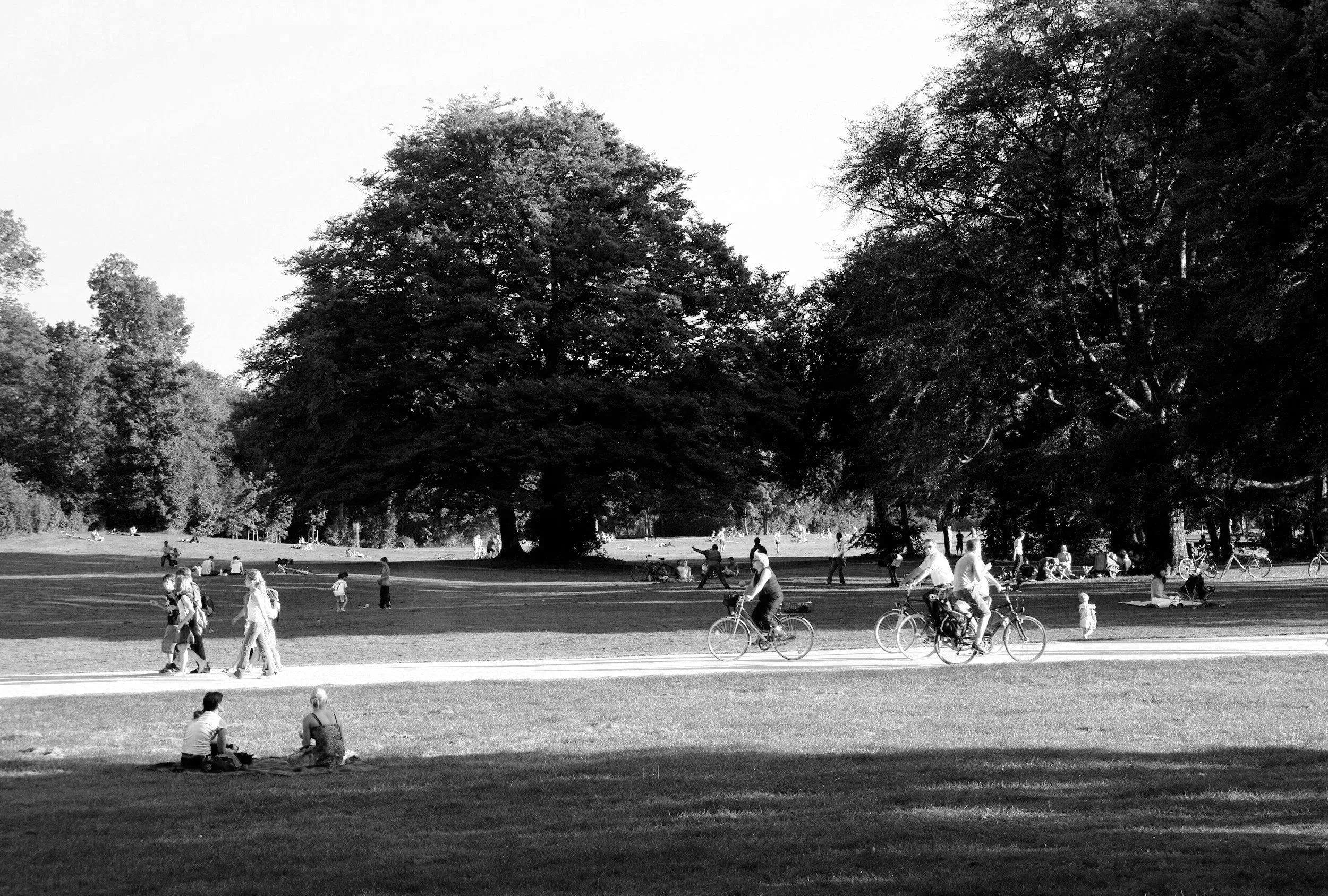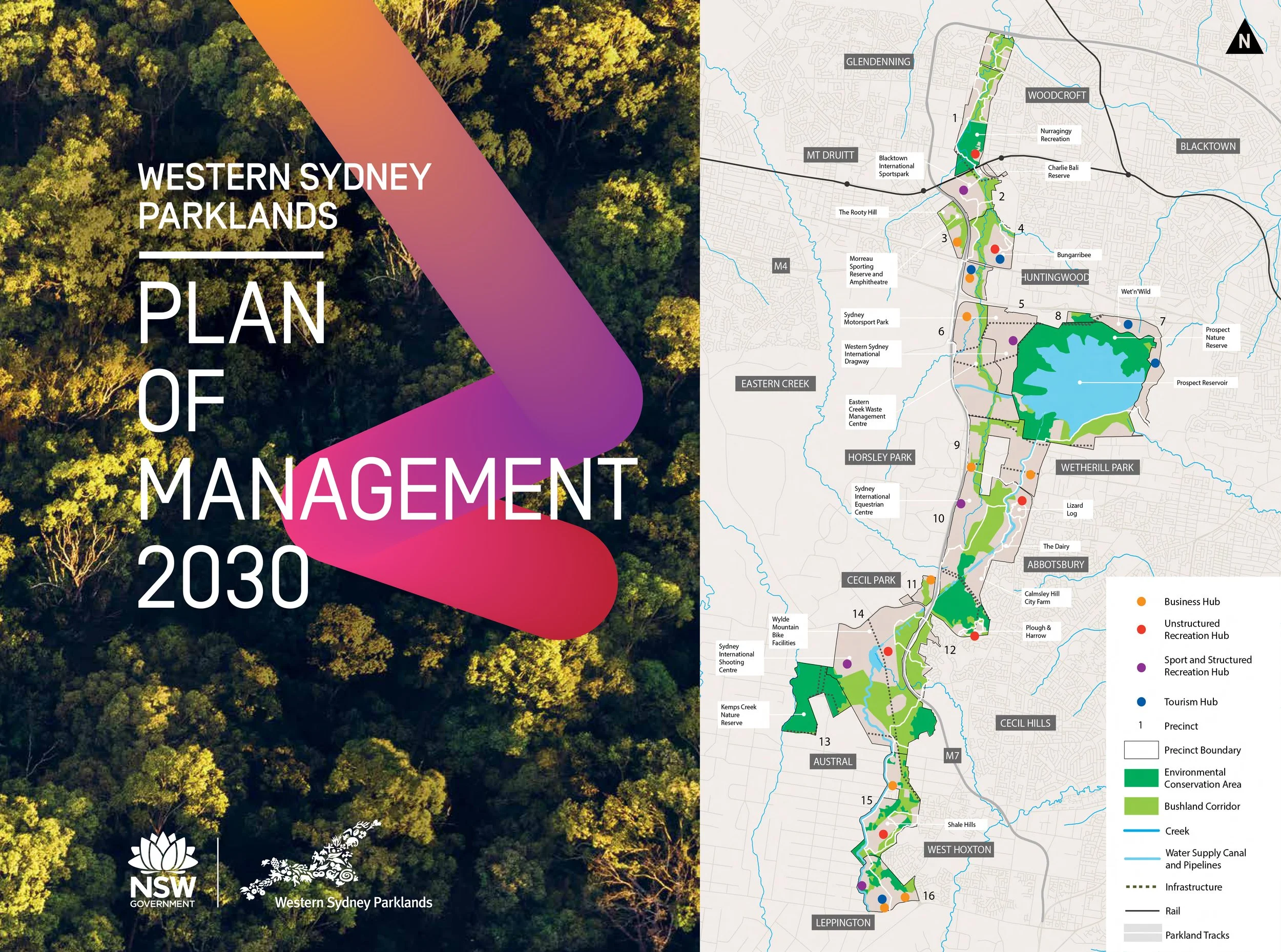
Social Infrastructure
Our social infrastructure projects encompass project plans, business cases, master plans, and project leadership for various social and community assets including open space, recreational, sporting, education, and special purpose infrastructure. A selection of our team members’ project experience is provided below.
Lord Howe Island Critical Infrastructure Business Cases
Project Leadership, Project Management, Due Diligence, Business Cases, Stakeholder Engagement
Preparation of two detailed business cases for the renewal of critical infrastructure under an urgent and unavoidable funding request with NSW Treasury.
The role involved management and authoring of business cases critical to the Island’s ongoing viability. Responsibilities involved the procurement and management of technical consultants to prepare designs, cost estimates, and implementation plans for critical marine and waste assets including a waste processing facility, a new vessel, and associated infrastructure such as a wharf/piled barge ramp, stabling yards and various other components.
Operating under a compressed timeline and in a unique environment, the project team successfully navigated world heritage requirements, environmental constraints, and considerable stakeholder involvement to secure NSW Treasury funding in a record timeframe.
Eastern Creek Motor Sport Precinct Masterplan
Project Management, Master Plan Management, Stakeholder Engagement, Highest and Best Use Investigation
Leading the preparation of a forward-looking Precinct Vision and Master Plan for the 272ha Eastern Creek Motor Sports Precinct. The construction of a new $80m speedway identified the need to develop a holistic vision and long-term master plan for the Precinct.
Working with consultants in urban design, landscape architecture, engineering, motorsport, and consultation, the master plan included the ‘greening’ of the precinct and the creation of new facilities and uses which extended beyond motorsports to the broader community.
Operating in the role of client representative for the State Government landowner (Western Sydney Parklands Trust), the engagement involved managing the master plan to support its achievement of stakeholder requirements and government objectives. The role also required presenting the vision and master plan at multiple community and stakeholder sessions, including to motorsport groups and Council meetings.
Greater Sydney Parklands Community Hubs
Project Leadership, Master Plan Management, Stakeholder Engagement, Implementation Strategy
Western Sydney Parklands Trust’s Plan of Management 2030 proposed the creation of a new type of facility within the Parklands known as a ‘Community Hub’. Community Hubs would see the co-location of a range of compatible social services including education, aged care, medical centres, childcare, recreational facilities and community centres. The engagement involved overseeing a Community Hub pilot project including the preparation of a concept master plan, feasibility testing, stakeholder engagement and the development of a self-sustaining funding model.
The project involved extensive engagement with Government stakeholders and private industry, assessment of eight potential sites within the Parklands, coordination of technical consultants and design team, regular board reporting and presentations, and the preparation of a Community Hub framework document outlining the findings of the pilot project and providing key recommendations for the delivery phase.
The concept has received Board endorsement and awaits implementation on securing agreement with key parties including School Infrastructure and commercial tenants.
Western Sydney Parklands Plan of Management 2030
Project Leadership, Master Plan Management, Stakeholder Engagement, Implementation Strategy
The Western Sydney Parklands Plan of Management 2030 outlines the strategies, principles and objectives for the development and management of 5,280ha of State Government-owned land in Western Sydney.
In preparing the Plan, the Parklands was dividing into 16 precincts, each with specific character statements, objectives, land-use opportunities and management priorities. The role involved the procurement and management of technical consultants to bring the plan together including community consultation, town planning, project vision specialists, GIS mapping, project benchmarking specialists, graphic design and copy editing. Interviews were conducted with a range of Parklands staff to inform the draft content of the Plan, in advance of stakeholder consultation. The extensive consultation process included engagement with private, government and community stakeholders, and multiple rounds of engagement with the Parklands Board.
The Western Sydney Parklands Plan of Management 2030 won the top award in its category at both State and National Australian Institute of Landscape Architects Awards.




